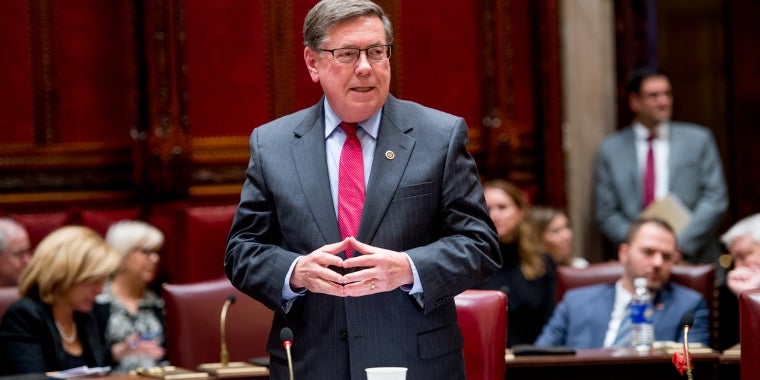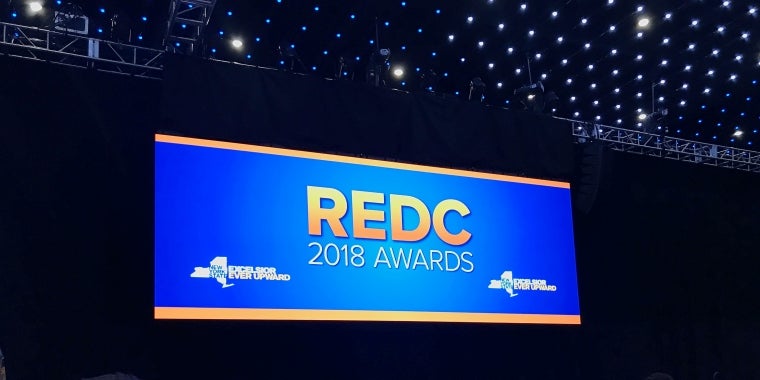
Senate Passes Sweeping Public Authorities Reform
The New York State Senate yesterday passed the Public Authorities Accountability Act of 2005, (S.5927) sponsored by Senator Vincent L. Leibell (R, Patterson), which would enact a comprehensive set of reforms to help ensure stringent, uniform standards of transparency, accountability and professionalism in New York State’s public authorities.
"After two years of investigation, public hearings and analysis of how to make our state’s public authorities more accountable, transparent, ethical, efficient and effective, I am delighted that we are passing a bill that will become law," said Senator Leibell, chairman of the Senate Committee on Corporations, Authorities and Commissions. "This bill represents the commencement of what will prove an historic process of public authority reform. Senator Bruno and our committee have been consistently supportive of this effort, and as we proceed today and in the days ahead, we will make New York’s public authorities a model for the nation."
"Public authorities reform will build upon our successful efforts in the senate this year to reform and improve the governmental process, so it is more open, accountable and effective for the people of this state," said Senate Majority Leader Joseph L. Bruno. "The piece of legislation will implement much needed reforms and oversight of our public authorities. It will have a positive impact, and I commend Senator Leibell for his commitment and dedication in making this critical legislation a reality."
The Public Authorities Accountability Act of 2005 will improve legislative oversight, accountability, and transparency at state public authorities, which will effectively strengthen public confidence in their work and efforts. These include:
1) requiring public disclosure of the authority’s mission, financial and budget reports, audit reports etc., so citizens and the media can more easily obtain information about authorities’ operation;
2) guaranteeing fiscal integrity by mandating implementation of financial, audit, administration, accounting and budget practices;
3) requiring real property exceeding $15,000 in value, to be sold for at least fair market value, unless it is sold to the state for a beneficial purpose; also requires authorities to designate a contracting officer to be in charge of such sales;
4) codify the executive order which created the inspector general with a designated salary and term limits to ensure independence;
5) creating an office in the division of budget to not only act as a collection center for all reports, but also to review and analyze the operations of authorities, and provide recommendations to the legislature and the governor.
The bill also reflects changes and new approaches to improve openness and accountability that have been adopted in the private sector following the Sarbanes-Oxley Act of 2002. These new elements to help make New York's public authorities a more trusted and respected tool of the state include providing and promoting:
-formal training for public authority members on their legal, fiduciary, ethical and personal responsibilities; separation of oversight and executive functions;
-guidelines governing the independence of public authority board members; clarifying the organization and structure of the public authority board and its committees, including establishment of audit and governance committees;
-codes of conduct governing honest and ethical conduct by public authority directors, officers and employees;
-policies regarding the procurement of goods and services, the acquisition of real property and the disposal of real and personal property; and
-internal controls of public authority employees and operations.
-end-



